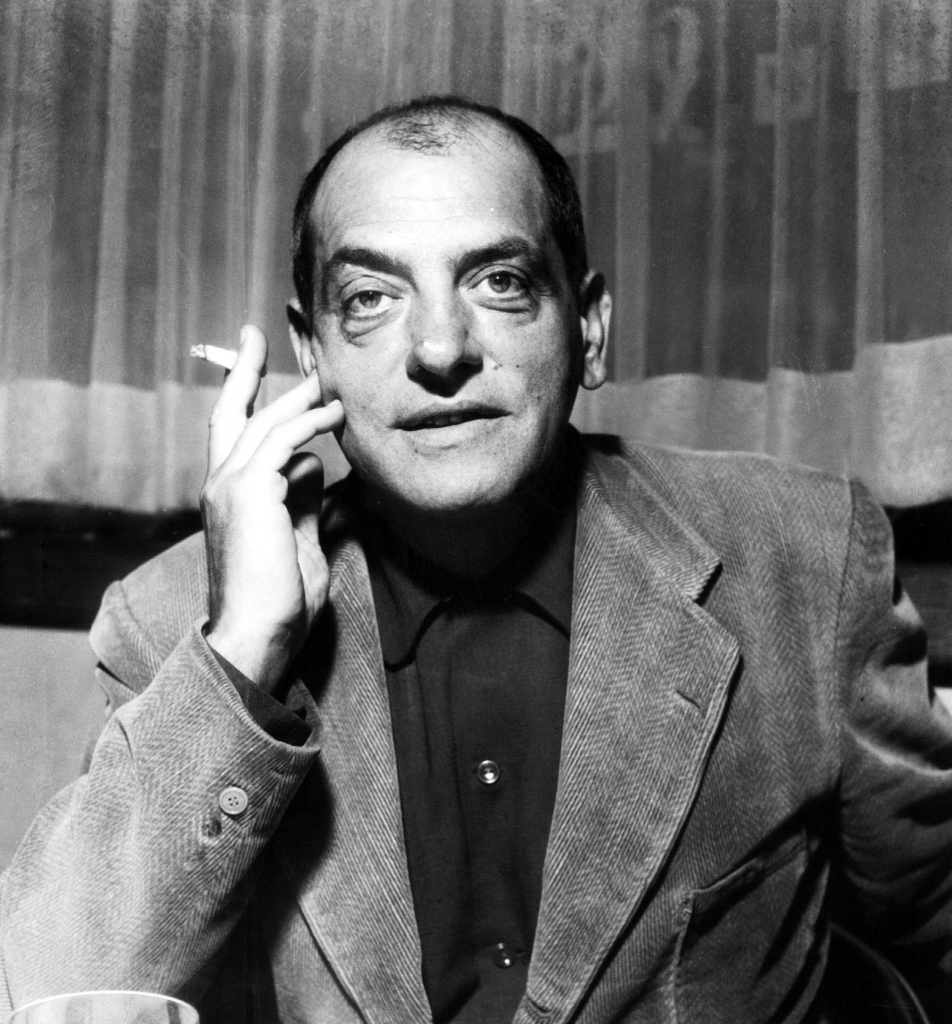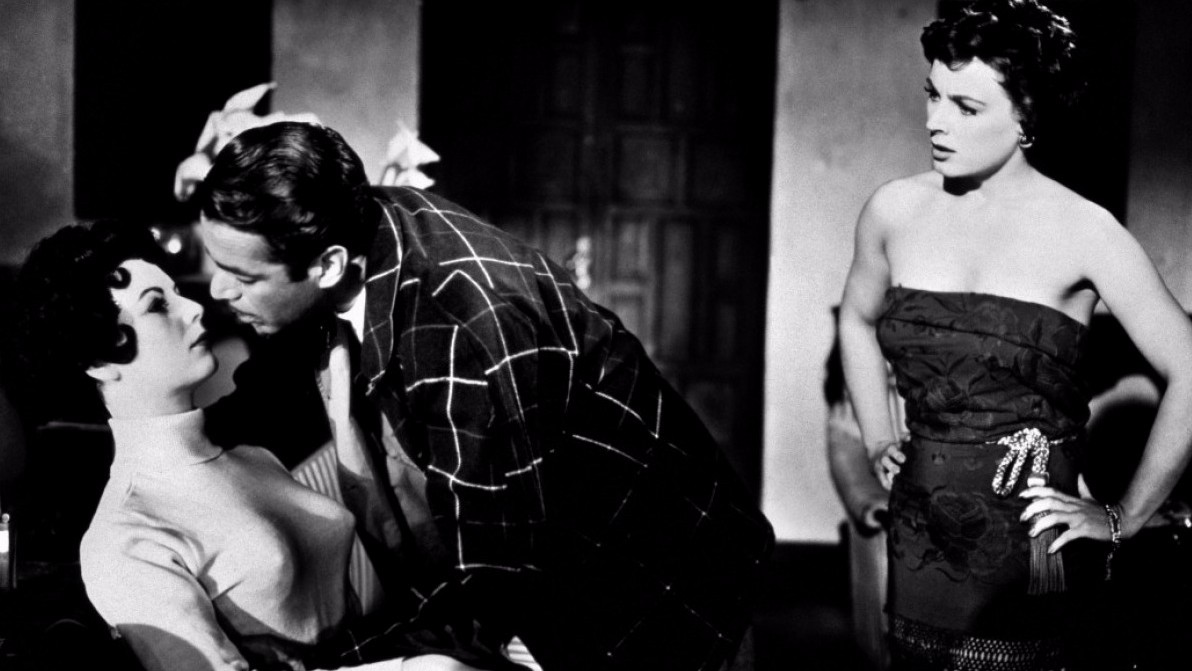OPENING NIGHT FILM:
The Criminal Life of Archibaldo de la Cruz
Ensayo de un crimen
Director: Luis Buñuel
Mexico | 1955 | Spanish with English subtitles | 92 min
Special Guest: Cecilia Fuentes in attendance!
View IN-PERSON at SFU Woodward’s: Thursday, Aug 25, 7:00 PM | SFU Woodward’s
After the film, join us at the FOX Cabaret to celebrate the Opening of the 20th Anniversary of VLAFF, featuring the amazing salsa band the Wasakaka All-Stars!
TICKETS: Film Only $15 / Film & Party: $25
Mexican writer Cecilia Fuentes will be in attendance at Opening Night to introduce The Criminal Life of Archibaldo de la Cruz (Ensayo de un crimen), one of the finest comedies directed by one of the master filmmakers of all times, Luis Buñuel. The exhibition copy of this film has been digitally restored by the Cineteca Nacional in Mexico City.
In addition, on Friday, Aug 26 at 5PM at The Cinematheque, Cecilia Fuentes will present her book Mujer en papel: Memorias inconclusas de Rita Macedo, based on the memoirs of her mother, actress Rita Macedo, who is one of the protagonists of the film. Cecilia Fuentes is also the daughter of renowned Mexican writer Carlos Fuentes.
The wealthy Archibaldo (Ernesto Alonso) is a potential serial killer. This might be the result of a childhood incident: his governess (Leonor Llausás) caught him trying on some of his mother’s clothes and scolded him. He wished the governess dead, and she was immediately killed by a stray bullet from a revolution raging outside the window. Conflating violent death with sexual desire, the adult Archibaldo plots to murder numerous women, but his elaborate schemes are constantly thwarted.
In Archibaldo’s gloriously imagined, carefully planned, and meticulously staged schemes, the art of murder and the art of movies appear to be closely aligned. In one of the most ludicrously harrowing and repellently exuberant scenes ever filmed, the protagonist—an amateur ceramist—finds the killer app for his kiln.
— Richard Brody. The New Yorker
Archibaldo de la Cruz, ha visto en su infancia morir a su institutriz alcanzada por una bala perdida, mientras él se escondía en el ropero de su madre. Ya adulto, la muerte de varias mujeres cercanas a él hacen que Archibaldo crea que es un asesino. Su único argumento es que él deseó todas esas muertes y que las mujeres terminaron siendo asesinadas. Interrogado por un juez, el protagonista, desvela su vida y las razones por las que piensa que debe ser juzgado. Desde su particular punto de vista, él es el verdadero culpable de todos esos crímenes.

Luis Buñuel
The father of cinematic Surrealism and one of the most original directors in the history of the film medium, Luis Buñuel was given a strict Jesuit education (which sowed the seeds of his obsession with both religion and subversive behavior), and subsequently moved to Madrid to study at the university there, where his close friends included Salvador Dalí and Federico García Lorca.
After moving to Paris, Buñuel did a variety of film-related odd jobs in Paris, including working as an assistant to director Jean Epstein. With financial assistance from his mother and creative assistance from Dalí, he made his first film, the 17-minute Un Chien Andalou (1929) and immediately catapulted himself into film history thanks to its shocking imagery (much of which – like the sliced eyeball at the beginning – still packs a punch even today). It made a deep impression on the Surrealist Group, who welcomed Buñuel into their ranks.
Moving to Mexico in the late 1940s, Buñuel filmed 21 films during an 18-year period including his masterpieces Los olvidados (1950), Nazarín (1959), and El ángel exterminador (1962).
– Michael Brooke, IMDB


